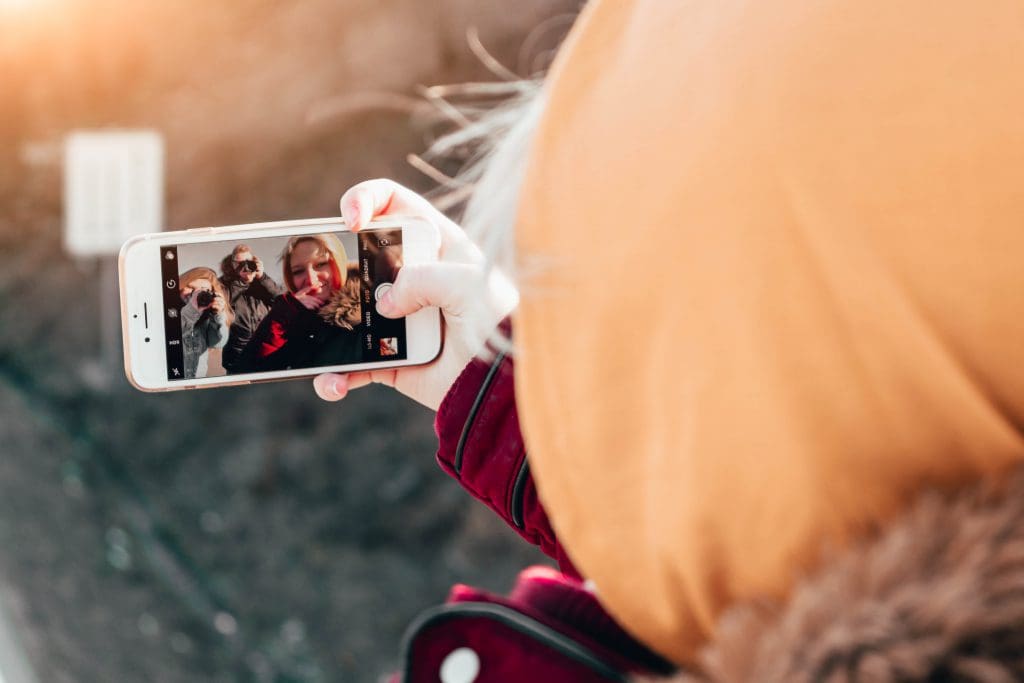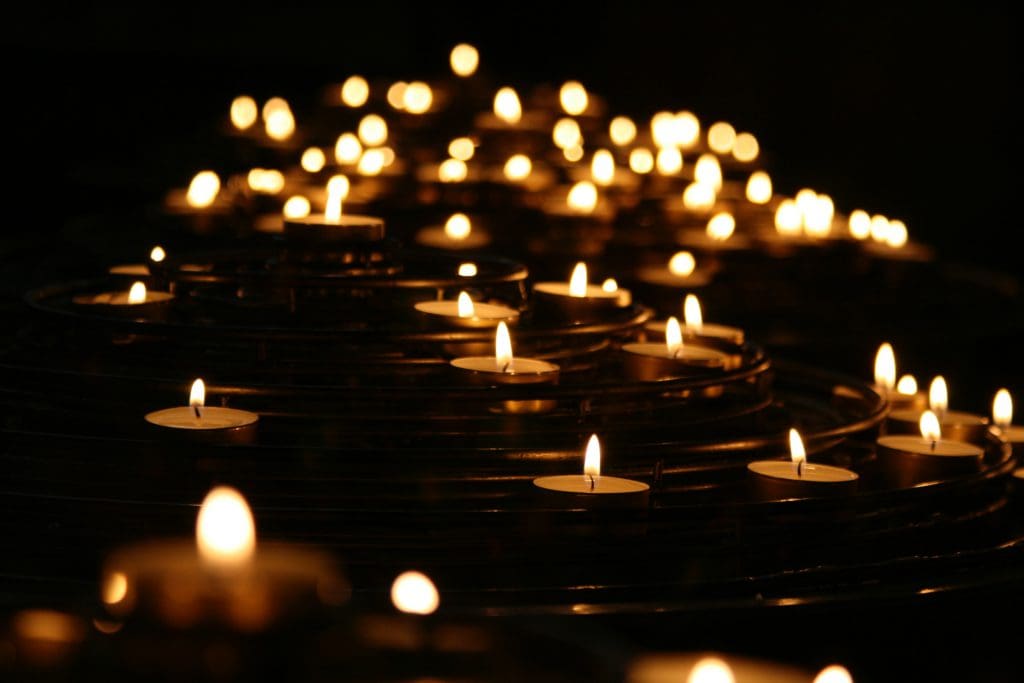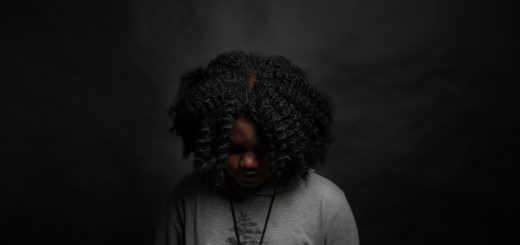Coping with Celebrity Deaths
The blog post includes mentions of suicide, death, and drug addiction. Please read with caution if any of these items triggers or upsets you.

Social media has made it so that we can feel even closer to influencers, idols, celebrities, and other famous figures, no matter where they land on the fame spectrum. They use the same platforms we do, play around with the same filters, and post little (or a lot of) snippets and vlogs through their phones about the mundane, relatively average things they do during their day.
The relationship people develop when they feel particularly attached to a celebrity is known as a parasocial relationship. In short, these are one-sided relationships: the celebrity very likely does not know you exist, but you still feel some sort of connection, almost to the point of seeing them as a friend. It’s why you feel so defensive when someone makes fun of them or criticizes their work and why you get so excited when they release new content. Social media making it so that they give you a peek into their lives has intensified this relationship, because it’s like you’re literally their friend getting to hang out with them in their home, for example.
So when a celebrity you really, really like, follow, and feel engaged with passes away, you may find yourself reacting a lot more emotionally than you may have thought.

Celebrity deaths, of course, aren’t uncommon, and can have a great effect. Think about the public’s (and possibly your own) reactions when celebrities such as Carrie Fisher, Anthony Bourdain, Prince and Alan Rickman passed away. Adults who likely grew up with their works may have shown emotion that you didn’t expect them to have, but these reactions may have stemmed from memories they have of their movies and music as a child and the influences those people had on them.
The same feeling can occur when a young celebrity you like passes away. But in some regards, these celebrity deaths can feel worse, especially if they’re closer to your age. It’s a reminder that human life is finite and can remind you of your own mortality. It can even trigger fears of death and the reminder that it can happen at any age, and it can be hard and scary to navigate and cope with the feelings surrounding that. Consider the reactions that you, or others, may have had with the recent passing of Juice WRLD and Cameron Boyce earlier this year.
And then there’s the social media aspect of it all. Not only are you never going to get any more content from them (whether it be videos, music, movies, or anything else), but that parasocial relationship can result in similar feelings if someone closer to you, like a friend, suddenly passed away.
It can get even more upsetting when mental illness comes into play, too. It can be both devastating and triggering if someone you looked up to and whose content you used as a coping mechanism had their own personal struggles, like K-pop idol Sulli who committed suicide a few months ago and Mac Miller, who had been open about his depression, substance abuse, and the relationship between the two, passed away from an overdose last year.

Everyone has their own way of grieving and processing death; the way we process celebrity deaths is no exception. It’s completely valid to feel emotional, cry, and be upset when someone you admire passes. You may want to look back at their old profiles and the archive they left behind, or you might look at posts about that celebrity by either their friends or other fans who also enjoyed their work and relate to their grief. It might be healthy for you to unfollow the person altogether, but some may want to keep following them as their own way of respecting them. YouTube likely has compilations of moments of them if you ever want to look back on the more personal moments they had too. If the death is triggering because of how they passed away, try reaching out to a close friend, family member, or anyone else you see as a support system. Journaling and working through your thoughts and how you’re feeling can also help.
Ultimately, grief is still grief. No matter how close you were to someone, even if you didn’t know them at all, even if you weren’t their biggest fan, the pain of experiencing a loss is real. Though the relationship may have only been through the screen and by a couple of “following” buttons, you had someone in your life that made you happy, and trying to return to that happiness when they’re gone may take some time.
Are there any celebrities that you care a lot about? Have there been any that have passed away? How did you cope with, or react to it?




Recent Comments